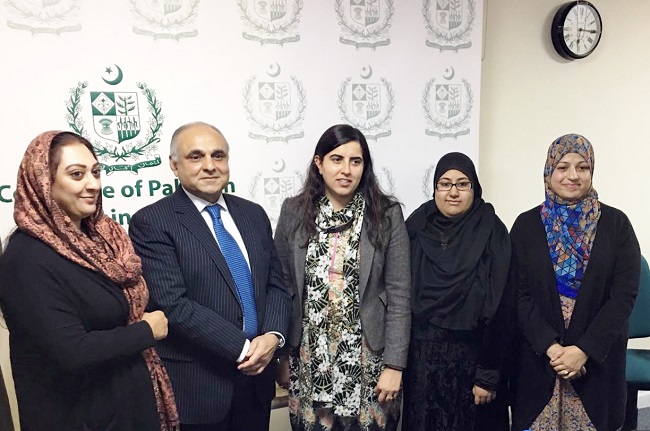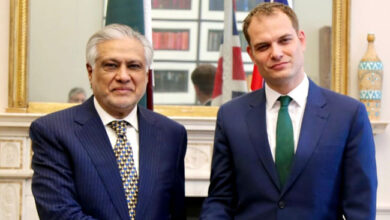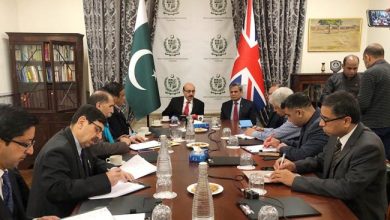Labour leadership facing backlash over its Kashmir position
Mirza Saaib Beg, Kashmiri Lawyer Candidate for Masters in Public Policy at Blavatnik School of Government, University of Oxford.
Lord Ahmed outraged at Kier Starmers repositioning on Kashmir conflict.
Lord Qurban Hussain outraged at Kier Starmers repositioning on Kashmir conflict.
Jess Phillips MP: I have long worked with the Kashmiri community to promote human rights and self determination for the people of Kashmir, and will be meeting with the leader of the Labour Party to discuss these issues next week.
We, the undersigned, strongly oppose your recent repositioning of the Labour Party’s stance on the issue of the Kashmir conflict. This repositioning goes against fundamental values core to the integrity of the party and severely undermines the trust of voters and members who support and champion these values.
While you claim that the Labour Party is an internationalist party, which stands for the defence of human rights everywhere, your focus on building “business ties” with India’s far-right government while maintaining silence on human rights violations in Kashmir represents an openly hypocritical stance. Human rights abuses in Kashmir are widespread and egregious. There are numerous of cases of torture, rape, arbitrary detentions, enforced disappearances, pellet blinding, unmarked mass graves and violence against civilians which are well-documented by international organisations including the United Nations, Human Rights Watch and Amnesty International calling for investigations within the region. The threat of the current crisis is so severe that Genocide Watch has issued a genocide alert for Indian-administered Kashmir.
Human rights violations in Kashmir do not take place in a vacuum. At the root of these appalling violations lies a historical denial of the right of self-determination to the people of Jammu and Kashmir. We call on the Labour Party to demonstrate a firm commitment to restoring basic human rights and supporting the realisation of the right of self-determination for the people of Jammu and Kashmir.
The revocation of Article 370 and Article 35A on the 5th August 2019 can also not be ignored by the Labour Party. This unilateral action, taken without the concern, consent or active participation of the people of Jammu and Kashmir, is unconstitutional, undemocratic and violates existing international law. Since 5th August 2019, Kashmir has faced a communications blackout, the world’s longest running in any democracy. Children as young as the age of 9 have been detained, in contravention of Hague Conventions, and numerous Kashmiri journalists, political leaders, as well as lawyers, have also been detained. Chair of the Bar Council of England & Wales, Richard Atkins QC, and Chair of the Bar Human Rights Committee of England & Wales, Schona Jolly QC, wrote to India’s Prime Minister in November 2019 expressing serious concern over the effective suspension of Habeus Corpus rights.
The Kashmir conflict is neither a bilateral issue between India and Pakistan, nor it is an internal matter of India. It presents an extremely grave threat to national, regional and global security, considering India and Pakistan’s record of inter-state wars and hostile engagement as nuclear powers. It is a conflict which has robbed millions of Kashmiris of their basic human rights and continues to this day to inflict untold suffering. The conflict continues to be of substantial concern to British Kashmiri diaspora living in the UK.
We call on the Labour Party to:
1. Stand against the repositioning of its stance on Kashmir, which abdicates the party’s internationalist responsibilities and places Labour on the wrong side of history.
2. Affirm its commitment to the restoration of basic human rights in Jammu and Kashmir.
3. Support the realisation of the right of self-determination for the people of Jammu and Kashmir.
4. Work with the UK government towards effective multilateral engagement with representatives from India, Pakistan and both sides of Jammu & Kashmir for justice, peace and an ultimate resolution of the conflict.





